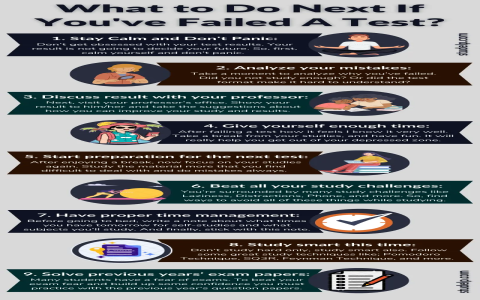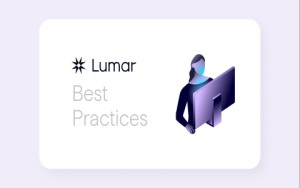Experiencing disappointing results on a challenging test is disheartening, but it presents a critical opportunity for academic recovery and significant grade improvement. Implementing a structured, proactive approach is key.
Immediate Post-Test Action Plan
- Thorough Error Analysis: Rigorously review the graded exam and rubric. Categorize mistakes: conceptual misunderstandings, application errors, careless mistakes, or time management issues. Identify patterns.
- Consult Official Materials: Revisit relevant textbook chapters, lecture notes, and assignment instructions. Pinpoint where understanding diverged from expectations.
- Schedule Office Hours: Prepare specific questions based on your error analysis. Bring the exam and your notes. Ask for clarification on misunderstood concepts and request guidance on targeted improvement strategies.
Building Mastery & Preventing Repeat Errors
- Conceptual Reinforcement: Don't just memorize corrections. Re-learn problematic topics using diverse resources: alternative textbooks, reputable online tutorials (Khan Academy, MIT OpenCourseware), or forming study groups for discussion.
- Active Recall & Spaced Practice: Test yourself on corrected concepts and new material using flashcards, self-generated practice questions, or teaching the material to someone else. Space this practice over days/weeks, not cramming.
- Targeted Problem Sets: Seek out additional problems focusing exclusively on your weak areas. Solve them untimed first for understanding, then under timed conditions.
Leveraging Future Assessments
- Strategic Preparation: Focus upcoming study sessions on previously weak areas while covering new material. Allocate time based on the weight of topics and past performance.
- Practice Exam Conditions: Closer to the next test, take full-length, timed practice exams using unfamiliar questions simulating test difficulty. Analyze performance meticulously after each one.
- Pre-Exam Clarification: Attend review sessions or office hours shortly before the next test to clarify any remaining uncertainties on old and new topics.
Sustaining Improvement
- Consistent Engagement: Active participation in class, regular reading before lectures, and timely completion of assignments prevent falling behind.
- Ongoing Feedback: Periodically check understanding via smaller quizzes, assignments, or quick professor/TA check-ins before major exams.
- Adjust Study Techniques: Continuously evaluate what works. If passive re-reading isn't effective, shift to more active strategies like problem-solving or concept mapping.
A disappointing test is a diagnostic tool. By transforming errors into targeted action plans, actively rebuilding foundational understanding, and refining study strategies, significant grade recovery and long-term academic resilience are achievable goals.











